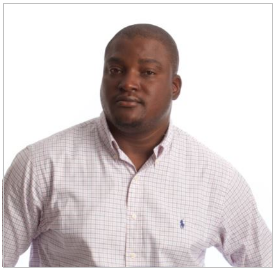Dr. SAMSON O. BADA

Dr Samson Bada is the Interim Research Leader for the DSI/NRF SARChI Clean Coal Technology (CCT) of the University of the Witwatersrand, South Africa. His research goal is to establish innovative solutions for the clean and responsible production and utilization of South Africa’s unique coal, as the country and the world advance toward a just transition.
The major themes of his research have been coal science and technology, mineral/ore beneficiation and renewable energy (biomass & RDF utilization). More recently, he has focussed on the advancement of coal with specific application to South Africa and developing high-value low-volume porous carbon products from coal and biomass.
In addition, he is also involved in research and development in hybridisation technologies in which the poor-grade coals are co-fired with different forms of biomass “Bamboo and refuse derived fuels” (a renewable and sustainable energy source) leading to low-carbon (CO2). In addition, results from biomass research to date have led to the production of pelletized hydrochar/fine coal “biocoal” as a valuable clean energy resource and the susceptibility of the products to spontaneous combustion. Linked to understanding the likely behaviour of coal and its components in a variety of situations throughout the coal value chain has led to the research on the upgrade of specific coals as “coking coal” for metallurgical application. The additional research within the SARChI CCT GROUP, which he leads aims to further enhance the contribution of coal to the achievement of Sustainable Development Goal (SDG) 7 (clean and affordable energy), while utilizing South Africa’s high ash discard coal for non-energy applications. This includes, activated carbon for gas storage, super-capacitors for energy storage, ceramic coal composites, rare earth elements using the integration of different techniques from unique South African coal etc.
In each category of Clean Coal Technology (CCT) research, he has acquired valuable experience as well as imparted that expertise to many students, with over 20 postgraduates to completion and 23 on-going.